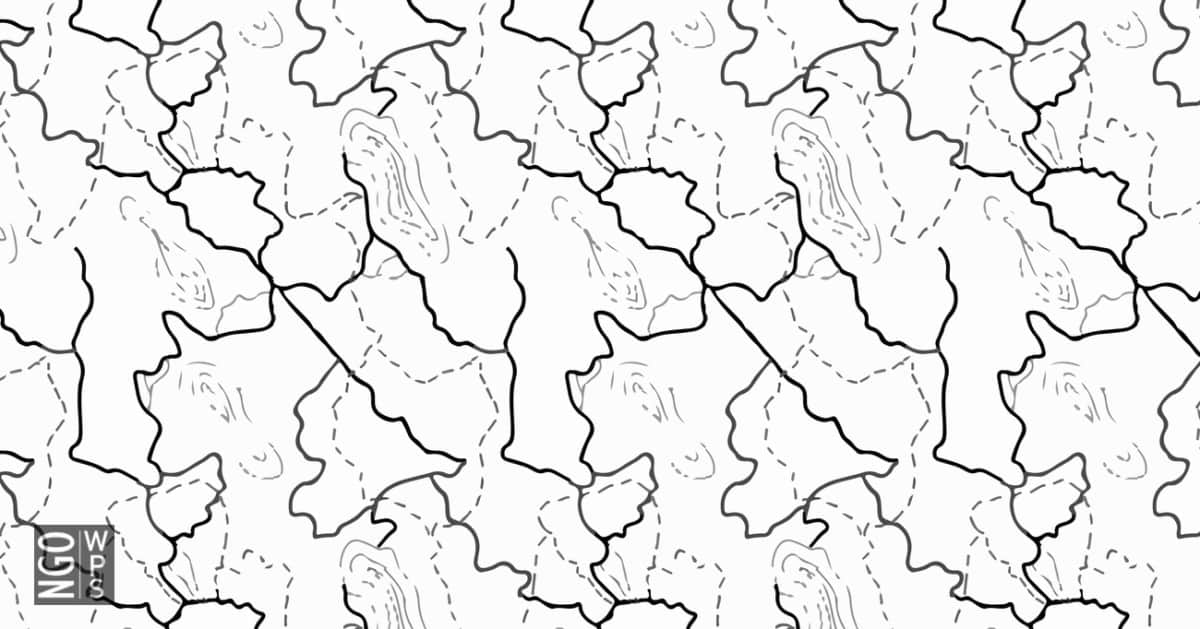Guinea-Bissau
Guinea-Bissau
Under a government that continually fails to enforce gender equality legislation, women in Guinea-Bissau face high levels of poverty, domestic violence and sexual and gender-based violence.
Despite a women’s political platform developed in 2008, women’s participation in parliament remains low. Guinea-Bissau acceded to the Convention on the Elimination of All Forms of Discrimination Against Women (CEDAW) in 1985, and launched a National Action Plan per Resolution 1325 in 2011. In the same year, Guinea-Bissau passed a law aimed at ending female genital mutilation/cutting (FGM/C). Lack of prosecution for rape, exacerbated by widespread impunity and corruption, eliminates the effectiveness of laws making SGBV illegal.
Based on the work of NGOWG members and their partners, the NGOWG calls for an end to impunity in Guinea-Bissau, and encourages gender mainstreaming as a priority for the UN Integrated Peacebuilding Office in Guinea-Bissau (UNIOGBIS).
Current and Past Recommendations to the UN Security Council (Monthly Action Points)
The Security Council is expected to consider a report of the Secretary-General on the comprehensive review of the mandate of the UN Integrated Peacebuilding Office in Guinea-Bissau (UNIOGBIS). Past reporting on UNIOGBIS has served as good practice for the way in which a mission can report on efforts to mainstream women, peace and security across all work within the mission, and the current report should continue this good practice. The Security Council should continue to support national capacity for women to participate and engage in conflict prevention and resolution processes and also discuss ways that the government can mobilize and build capacity, ensuring that gender is a cross-cutting issue within the public sector.
Relevant Resources











